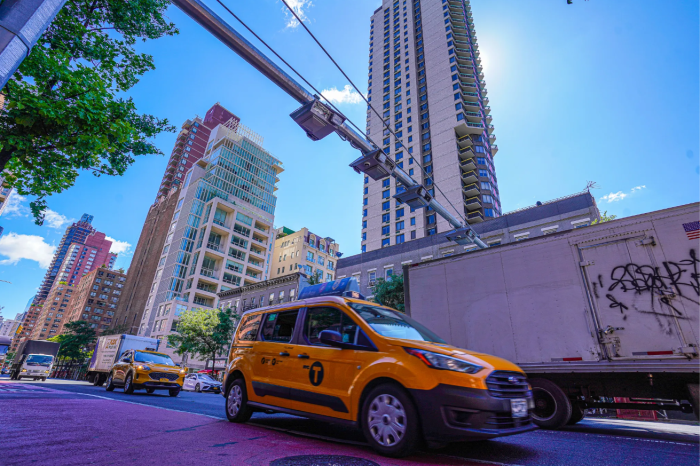Many people have a romanticized idea of Prohibition era New York that has been served up to us by Hollywood in countless films over the years. Scenes of smoke-filled speakeasies set to Scott Joplin’s ragtime jazz depict a devil-may-care era when people defied the law to swill bathtub gin from hip flasks. The truth is that those were violent times when gangsters and organized crime illegally shipped alcohol throughout the country to fund criminal operations.
Even after Prohibition, those criminal networks remained, shipping illegal alcohol throughout New York and the United States. The threat of the illicit market gave rise to policy innovations like the three-tiered system to govern alcohol distribution. The three-tiered system has been a tremendous success in providing oversight of the alcohol beverage supply chain to prevent abuses. The system creates balance between manufacturers, distributors, and retail stores to protect consumers. Most importantly, it has proven flexible over time, adapting to changing marketplace conditions to foster a functioning ecosystem for the safe sale, taxation, and consumption of alcohol.
There are many who think that the threat of illicit alcohol trade is a relic of a bygone era, but this is a dangerous misconception. The Business Council of New York, the big business lobbying group, has even made recent irresponsible statements dismissing bootlegging and the illicit alcohol trade. Their misinformed propaganda is part of a campaign to weaken the state’s liquor laws for the benefit of giant grocery chains and tech giants like Amazon that want to take over the liquor market.
The truth is that illegal alcohol shipping is alive and well and already occurring within New York’s borders. According to news reports, if you buy a bottle of liquor in New York, there’s a one in four chance it’s been smuggled in from out of state. This criminal market for alcohol has cost New York state billions of dollars that could be used to fund important social programs. At the same time, these windfall profits are being used to fund organized crime and violent gang activity.
International criminal networks trafficking illegal, counterfeit alcohol have become significant global threats. In countries where alcohol beverage laws are looser, with less oversight in the supply chain, counterfeit alcohol and tainted product have led to a public health crisis. European regulators seized over 14 million liters of illegal alcohol in a massive multinational sting operation.
Closer to home, any efforts to change the law to permit alcohol shipping from manufacturers to the home would make matters even worse. Direct to consumer shipping weakens oversight in the supply chain and creates vulnerabilities that help minors purchase alcohol. In states where this misguided approach has been legalized, the negative consequences have been alarming.
According to investigations in Massachusetts, government regulators found a direct link between direct alcohol shipping and increased underage access. Vermont state regulators recently conducted a sting operation in which they found that of all the undercover shipments that they orchestrated, zero were conducted lawfully. Half of the shipments were conducted by unlicensed facilities and 80% of the shipments were delivered without age verification. Regrettably, some of the entities conducting illegal shipments into Vermont were New York companies.
Beyond increasing underage access to alcohol, weaker alcohol laws are also a threat to public health. Research from the New York State Department of Health, the Centers for Disease Control and Prevention, and other prominent public health authorities have cited a sharp increase in alcohol related deaths among women and young people. Government guidance to policymakers is to decrease alcohol density, not make alcohol more convenient.
Loosening alcohol laws to enrich private companies puts private wealth before public health. Bootlegging and illegal alcohol trafficking is happening today in New York and is funding crime throughout the world. We need to keep New York’s children and our communities safe with strong liquor laws.
Edgar Domenech served as the 117th sheriff of New York City under Mayor Michael Bloomberg. He was previously deputy director and COO of the Bureau of Alcohol, Tobacco, Firearms, and Explosives.




































